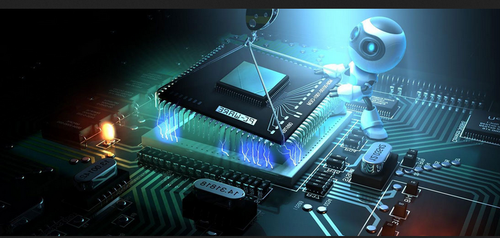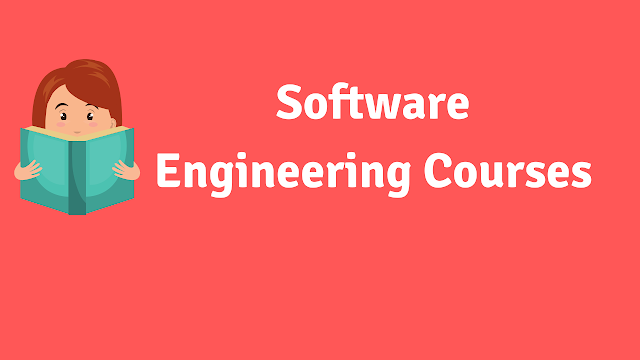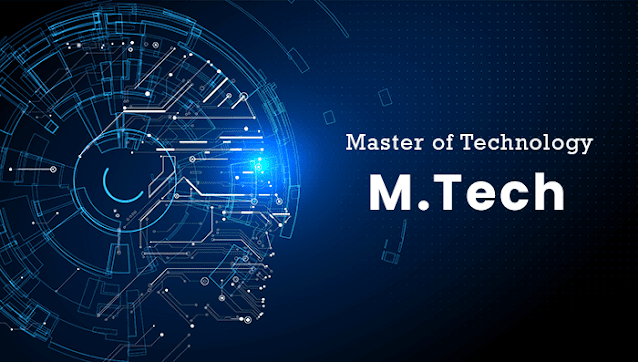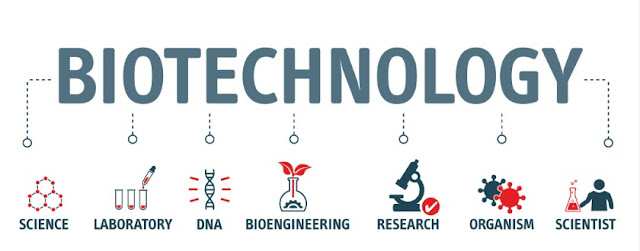Telecommunication Course in India
Telecommunication Course in India The telecommunication engineers handle various types of technology and help people to stay in contact from anywhere in the...
ByBrijesh Yadav24 June 2023Hardware Engineering Course in India
Hardware Engineering Course in India The job of the hardware engineer is to design the microprocessor chips so that it helps in the...
ByBrijesh Yadav24 June 2023Software Engineering Course in India
Software Engineering Course in India The software engineering course is intended to equip the students with an in -depth study of software engineering...
ByBrijesh Yadav24 June 2023B.Arch (Bachelor of Architecture) Course in India
B.Arch (Bachelor of Architecture) Course in India B.Arch or Bachelor of Architecture is an under graduate degree of education. This architectural degree is...
ByBrijesh Yadav24 June 2023M.Tech (Master of Technology) Course in India
M.Tech (Master of Technology) Course in India This is an engineering degree, which can be either a professional degree or an academic degree....
ByBrijesh Yadav23 June 2023Marine Engineering Course in India
Marine Engineering Course in India This branch of science, deals with the engineering of ships, boats, oil rigs and different other kinds of...
ByBrijesh Yadav23 June 2023Aeronautical Engineering in India
Aeronautical Engineering in India Aeronautical Engineering is one of the branches of aerospace engineering, which deals with the designing and construction of aircrafts...
ByBrijesh Yadav22 June 2023Bio-Tech (Bio-Technology) Course in India
Bio-Tech (Bio-Technology) Course in India Bio-Tech or Bio-Technology is a part of Applied Biology, which includes the usage of living organisms as well...
ByBrijesh Yadav21 June 2023B.Sc (Bachelor of Science) course in India
B.Sc (Bachelor of Science) course in India A B.Sc or Bachelor of Science or Sc.B. derived from Scientia Baccalaureus, a Latin phrase is...
ByBrijesh Yadav21 June 2023MCA (Master of Computer Applications) Course in India
MCA (Master of Computer Applications) Course in India MCA or Master of Computer Applications is a master’s degree program in the domain of...
ByBrijesh Yadav21 June 2023









